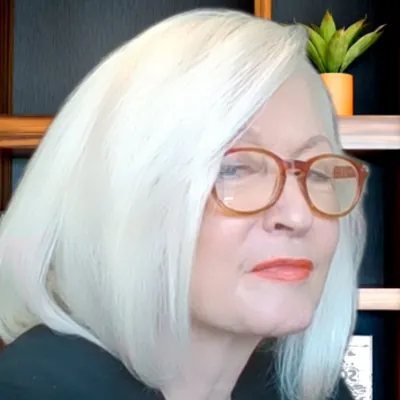Stuck? It happens to everybody. So, how do successful genealogists “prime their pumps” when their research wells seem to go dry? This session offers a slew of sources, methods, fresh ideas, and case studies to recharge your innovation when you think both you and your opportunities are totally exhausted.

Already a member? Log in









You should receive a confirmation email with a link to the webinar soon.
You’ll also receive a reminder both the day before and one hour before the webinar begins.
Didn’t receive a confirmation email?
You successfully registered for %s.
You should receive a confirmation email with a link to the webinar soon.
You’ll also receive a reminder both the day before and one hour before the webinar begins.
Didn’t receive a confirmation email?
To ensure a smooth, high-quality webinar experience, check the quality of your internet connection.
On the day of the webinar, connect 30–40 minutes before and turn off any background software. If you can’t tune in live, you can view the recording later in the Webinar Library. If joining via a mobile device, be sure to first install the free GoTo app.
Questions? Contact us or read our FAQ.
It looks like you’re already registered for this webinar
You can register for another webinar.
Didn’t receive a confirmation email?
It looks like you’re already registered for these webinars
You can register for another webinar.
Didn’t receive a confirmation email?
Something happened on our end, sorry about that
We were unable to complete your registration.
Please try again later.



 Syllabus
Syllabus
Just great, as always! I really hope you have managed to persuade ESM to carry on with the series next year as I love these webinars. I don’t think I’ll ever match the standards Elizabeth sets out, but I hear her voice all the time now, encouraging me to be a better genealogist.
Truly one of the BEST of Elizabeth Shown Mills! thank you so much.
ESM always is wonderful to listen to and makes you think outside the box.
I’ve enjoyed Elizabeth’s in-person presentations through the years and continue to so by Zoom. She’s my favorite presenter! Thank you!
What an awesome webinar – a lot of information to unpack!
As always, Elizabeth was fantastic.
As always, an excellent presentation. Oh to be able to spend a day with Elizabeth!!
ESM is always very informative and gives very clear explanations. Love her classes!!